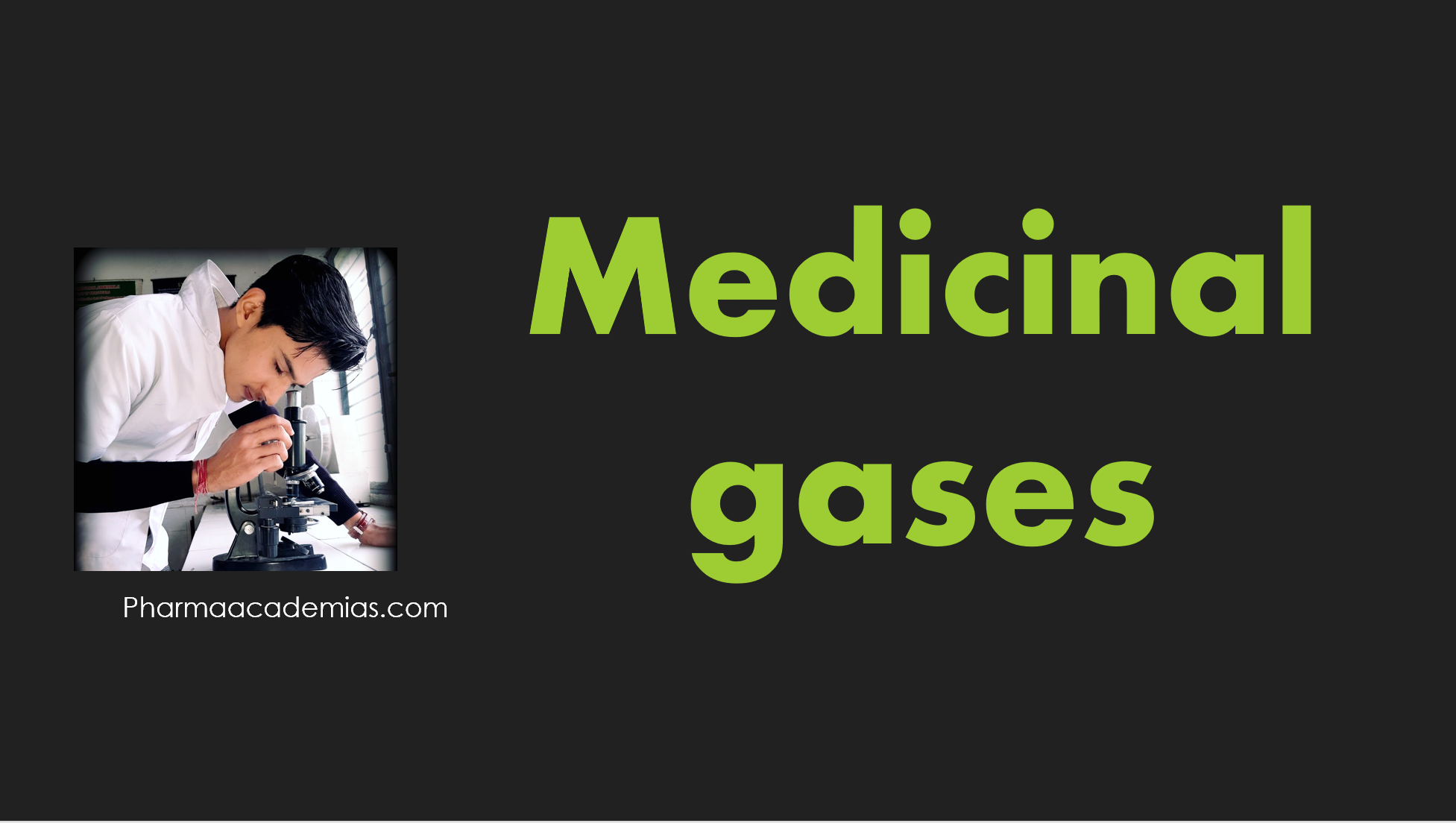Anticholinergic drugs
Anticholinergic drugs, also known as anticholinergic drugs, block the effects of acetylcholine, a neurotransmitter that activates cholinergic receptors in the body. These drugs work by inhibiting the action of acetylcholine at its receptors, leading to a range of physiological effects. Definition Anticholinergic drugs are a class of medications that block the effects of acetylcholine at … Read more










